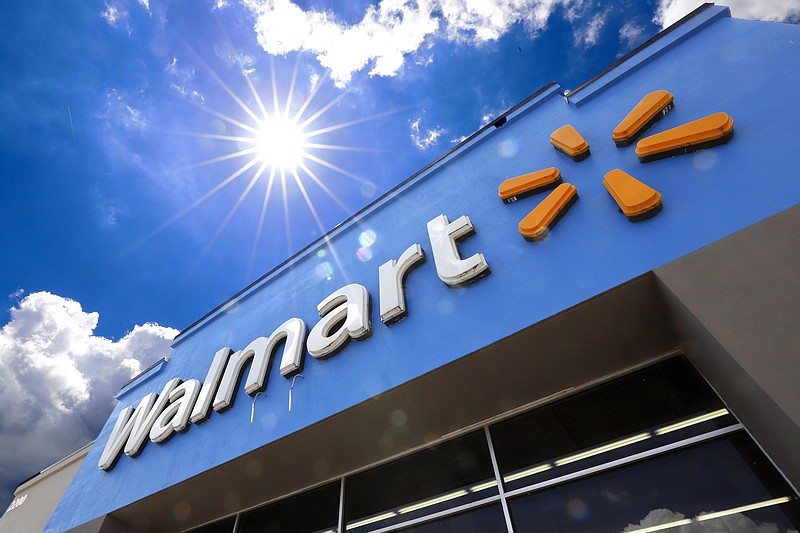Walmart Inc. is joining other retailers in refunding customers' money on returns and then letting them keep the items.
With the pandemic-fueled surge in online sales, retailers say they have seen a corresponding increase in returns. These can be costly to companies that have to process the returned merchandise.
According to The Wall Street Journal, retailers such as Walmart and Amazon.com are using artificial intelligence to analyze whether it's more cost-effective to process a return or refund the purchase price and let the customer keep the product.
A Walmart spokeswoman told the Journal that the option to let customers keep returned items applies mainly to merchandise it doesn't intend to resell. A Target Corp. spokeswoman said the company gives customers refunds and encourages them to donate or keep the items in a few cases in which that's deemed the easier option.
The National Retail Federation, an industry trade group, said Monday that customers returned about $428 billion in merchandise to U.S. retailers in 2020. That represents about 10.6% of total retail sales, according to a report released Monday by the federation and business intelligence firm Appriss Retail.
E-commerce accounted for $565 billion, or 14%, of total retail sales for the year. However, about $102 billion worth of merchandise purchased online was returned.
"Last year, we saw an increase in returns of online purchases as the pandemic forced more consumers to shop online," said Mark Mathews, the trade group's vice president of research development and industry analysis.
"Retailers view the return process as an opportunity to further engage with customers, as it provides additional points of contact for retailers to enhance the overall consumer experience," Mathews said.
Thomas S. Robertson, academic director of the Jay H. Baker Retailing Center at the University of Pennsylvania's Wharton School, said in an August podcast that retailers are using technology and data to shape their return policies.
"Returns represent a developing opportunity for retailers, with businesses exploring types of return policies and practices that never would have been considered in the past," Robertson said.
